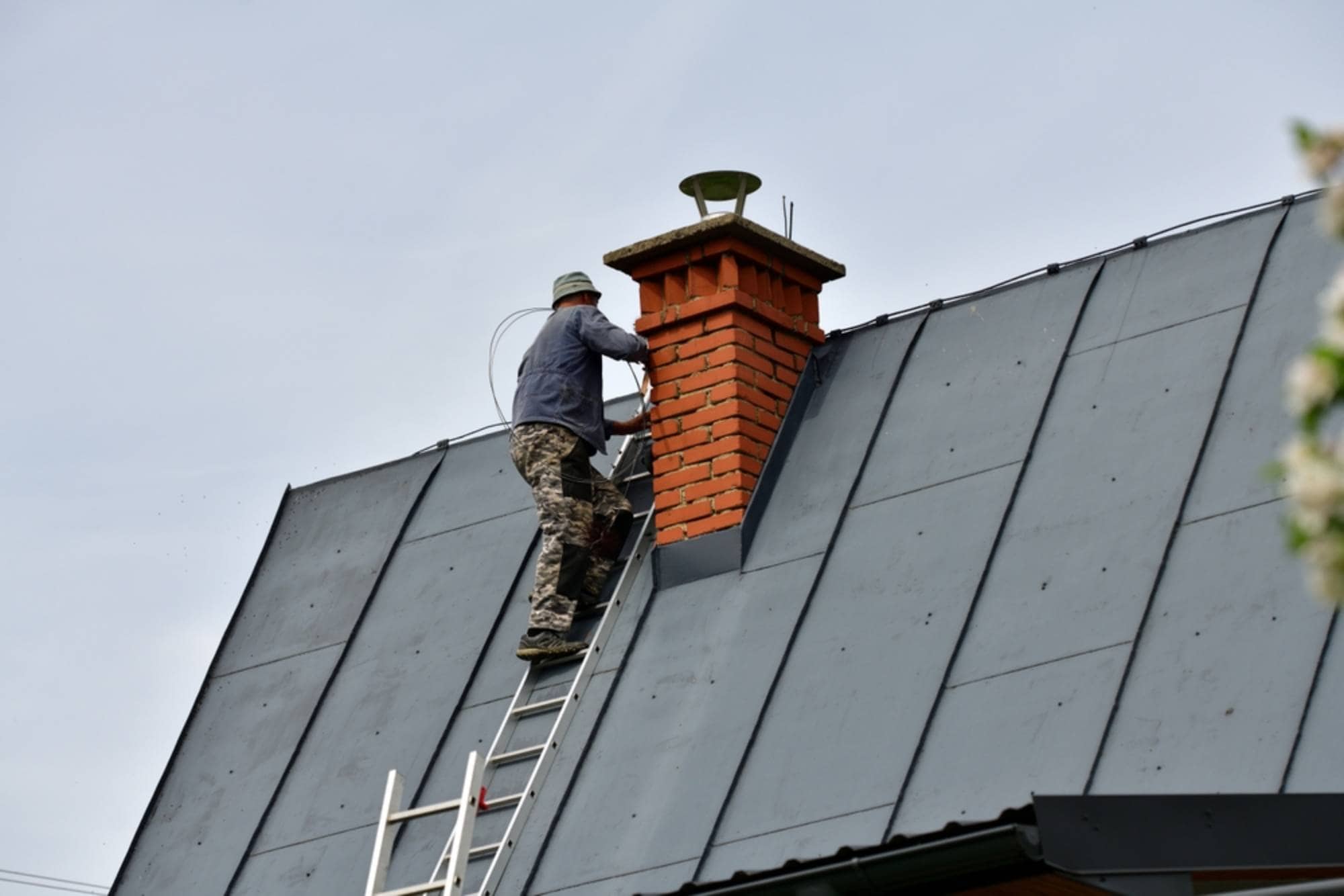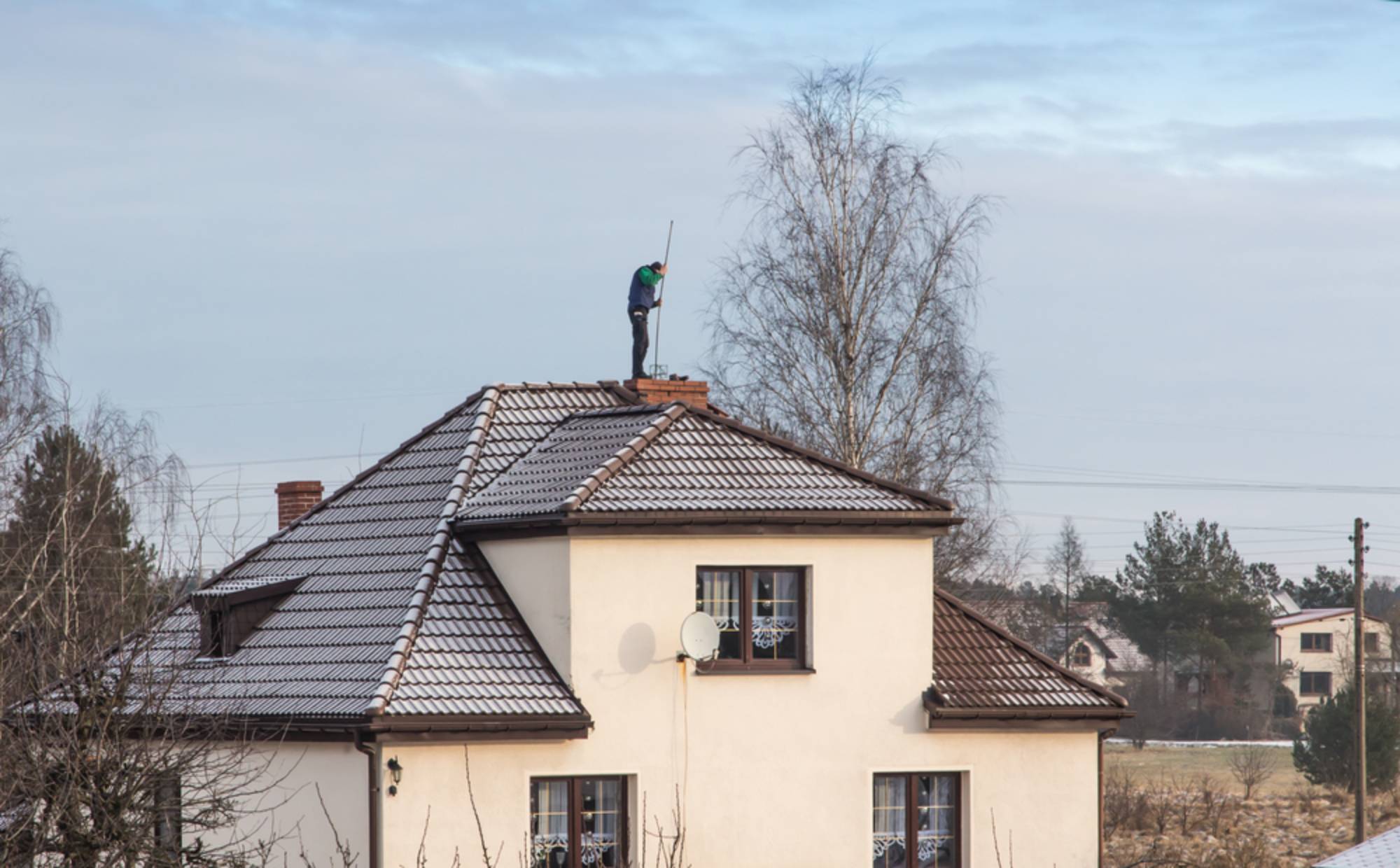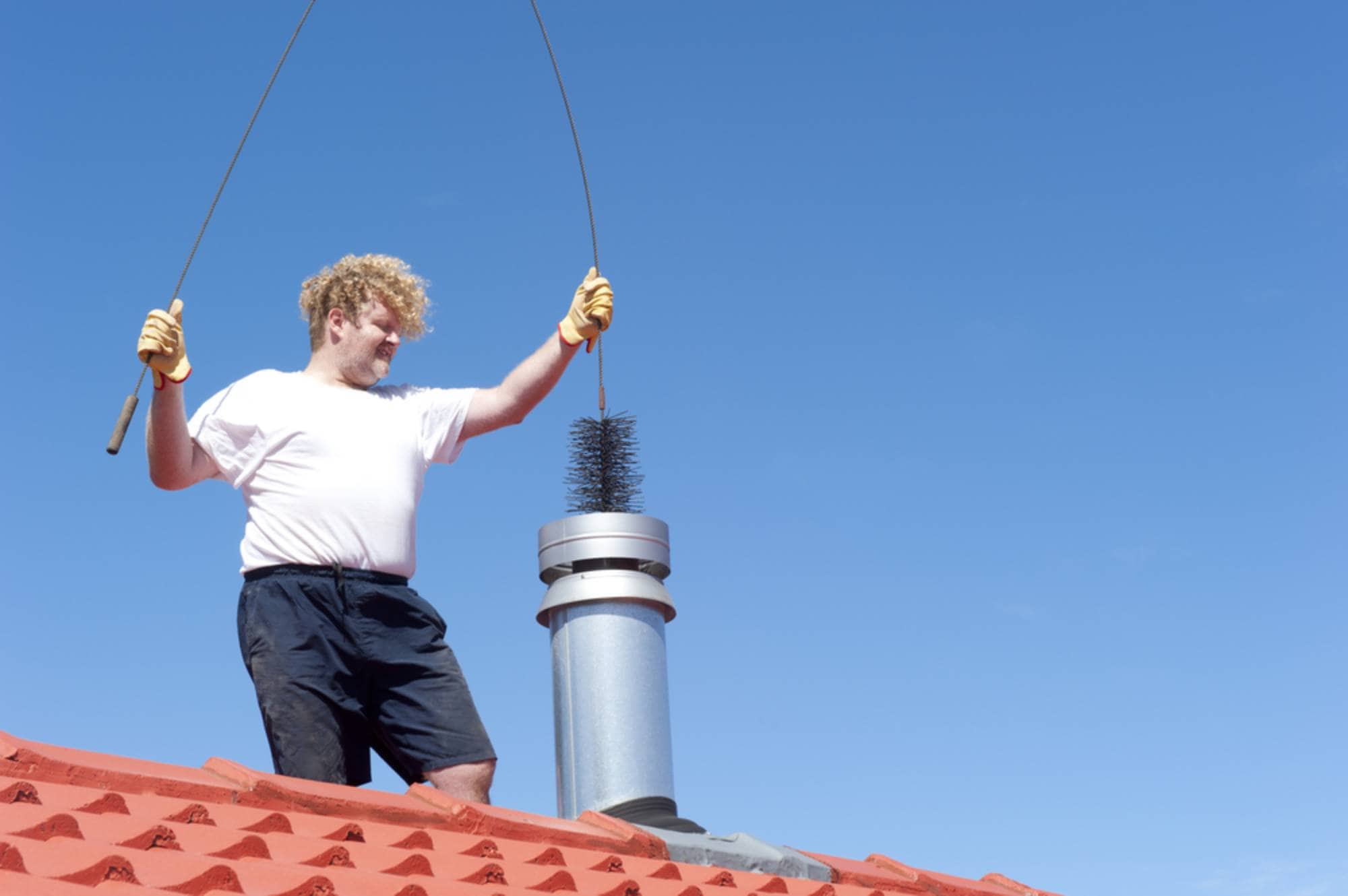Local fire authorities recommend annual chimney cleaning, with twice-yearly cleaning for homes that use fireplaces frequently during Rhode Island’s cold months. The National Fire Protection Association recommends having an annual cleaning and inspection for good reason—it prevents the majority of chimney-related house fires. Every Above and Beyond chimney cleaning service includes a thorough sweep of your flue, complete removal of all creosote and soot buildup, and a comprehensive visual inspection of your entire chimney system. We examine your chimney cap, crown, flashing, and interior liner for any signs of damage, wear, or potential problems. In Providence County, winters can get rough, and if your chimney isn’t working properly, you risk smoke damage, dangerous fumes, and higher energy bills. Our service ensures your system is ready for heavy use during the heating season. We also remove any debris, bird nests, leaves, or other obstructions that could block proper ventilation—common issues in Silver Lake’s wooded neighborhoods. You’ll receive honest recommendations if we find any issues, but we never pressure you into unnecessary repairs. Our goal is keeping your family safe and your heating system working efficiently.




